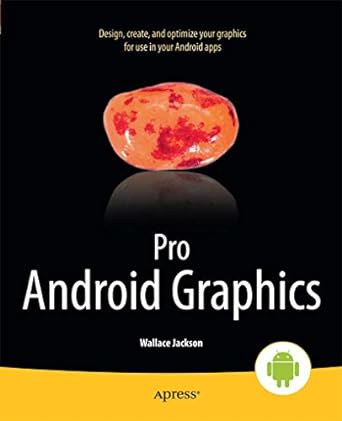Question
The translation theorist Jingjing Cui has stated the following in regard to domestication and foreignization in translation practice: If [a] translation is excessively domesticated, the
The translation theorist Jingjing Cui has stated the following in regard to domestication and foreignization in translation practice: If [a] translation is excessively domesticated, the cultural peculiarity of the source language will be removed. On the contrary, if the translation is excessively foreignized, it will become mechanical translation. It will affect the understanding of the target language reader. Therefore, in practical translation, there is no absolute foreignization or no absolute domestication. Do you agree or disagree that there is no absolute foreignization or domestication in a given translation? How have you found yourself navigating between domesticating and foreignizing in your own translations before you learned these terms? Please give two detailed examples to support your argument. These examples can be detailed examples from your own translation experiences or from other sources you select (such as passages from your favorite book in translation
Step by Step Solution
There are 3 Steps involved in it
Step: 1

Get Instant Access to Expert-Tailored Solutions
See step-by-step solutions with expert insights and AI powered tools for academic success
Step: 2

Step: 3

Ace Your Homework with AI
Get the answers you need in no time with our AI-driven, step-by-step assistance
Get Started


